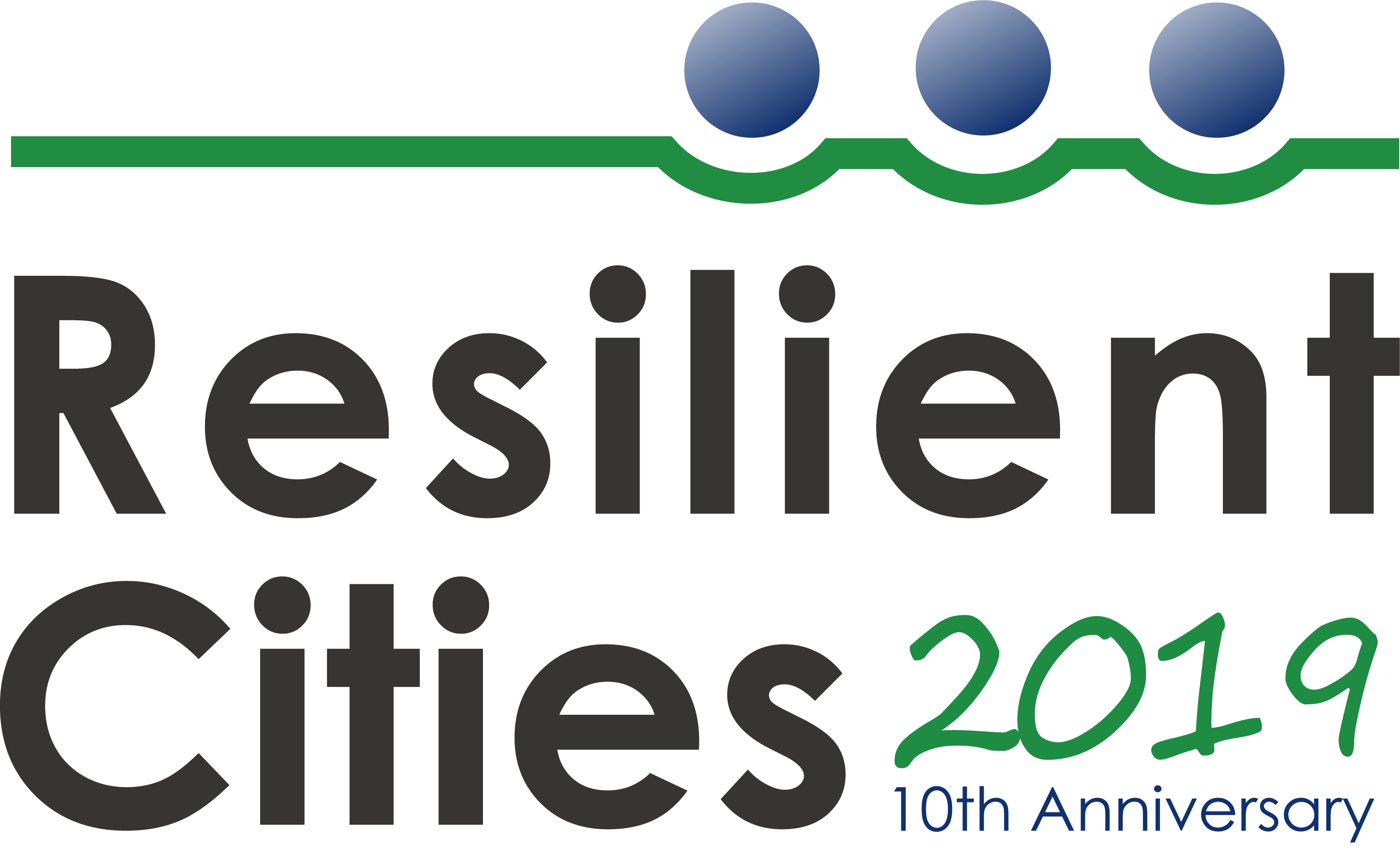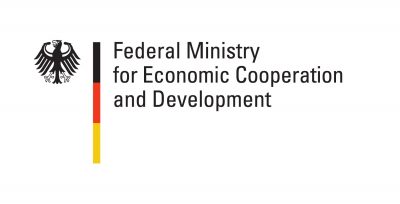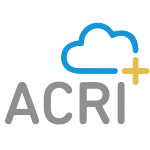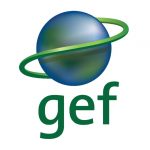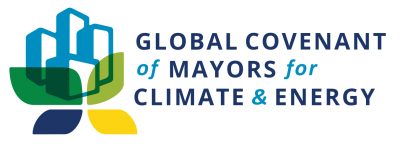Supporting partners
RESILIENT CITIES 2019 IS SUPPORTED BY

The Federal Ministry for Economic Cooperation and Development (BMZ)
BMZ is responsible for formulating the principles and strategies of German development policy, which form the basis of cooperation with partner countries and international organisations. Sustainable urban development is recognized as a key element for achieving international development and climate goals and therefore constitutes a significant field of German development policy. BMZ is hence a very committed actor in the Habitat III process and actively contributes to shape the international debate on urbanization.
Visit www.bmz.de for more information.
IDRC – International Development Research Center
Part of Canada’s foreign affairs and development efforts, IDRC invests in knowledge, innovation, and solutions to improve the lives of people in the developing world. Bringing together the right partners around opportunities for impact, IDRC builds leaders for today and tomorrow and helps drive change for those who need it most.
The Foundation for International Dialogue of the Savings Bank in Bonn
The Foundation promotes international exchange and cooperation in the UN City of Bonn. The objectives of the Foundation include promoting: international understanding, development cooperation, European integration and science and research in the fields of international politics and history. The Foundation pursues its goals by fostering the meeting of people and cultures. It therefore supports, in Bonn and the region, events and conferences with international participation.
In addition, the Foundation supports the activities of institutions and associations working for international understanding and dialogue between cultures.
Advancing Climate Risk Insurance plus (ACRI+)
ACRI+ is an initiative implemented by the Munich Climate Insurance Initiative (MCII) and Deutsche Gesellschaft für Internationale Zusammenarbeit (GIZ) GmbH and financed by the German Federal Ministry for the Environment, Nature Conservation and Nuclear Safety (BMU). The overall aim of the project is to Increase resilience to extreme weather events by devising on an integrated climate risk management approach that includes insurance. ACRI+ works to collect the experiences and best practices from different organizations across the globe and promote these findings at international conferences and workshops, as well as on their online database “Climate Insurance”. The project creates Factsheets, InFocus, Roadmaps as part of a Toolbox, which will help guide government officials and other practitioners in applying an integrated climate risk management approach to their country, city, or sector.
The Global Environment Facility
The Global Environment Facility was established on the eve of the 1992 Rio Earth Summit to help tackle our planet’s most pressing environmental problems. Since then, the GEF has provided over $18.1 billion in grants and mobilized an additional $94.2 billion in co-financing for more than 4500 projects in 170 countries. Today, the GEF is an international partnership of 183 countries, international institutions, civil society organizations and the private sector that addresses global environmental issues.
Deutsche Gesellschaft für Internationale Zusammenarbeit (GIZ)
As a service provider in the field of international cooperation for sustainable development and international education work, GIZ is dedicated to shaping a future worth living around the world. GIZ has over 50 years of experience in a wide variety of areas, including economic development and employment promotion, energy and the environment, and peace and security. GIZ works with businesses, civil society actors and research institutions, fostering successful interaction between development policy and other policy fields and areas of activity.
The Global Covenant of Mayors for Climate and Energy
GCoM is the largest global alliance for city climate leadership, built upon the commitment of over 9,000 cities and local governments. These cities hail from 6 continents and 132 countries. In total, they represent more than 800 million people. By 2030, Global Covenant cities and local governments could collectively reduce 1.3 billion tons of CO2 emissions per year. That’s the equivalent of taking 276 million cars off the road.
